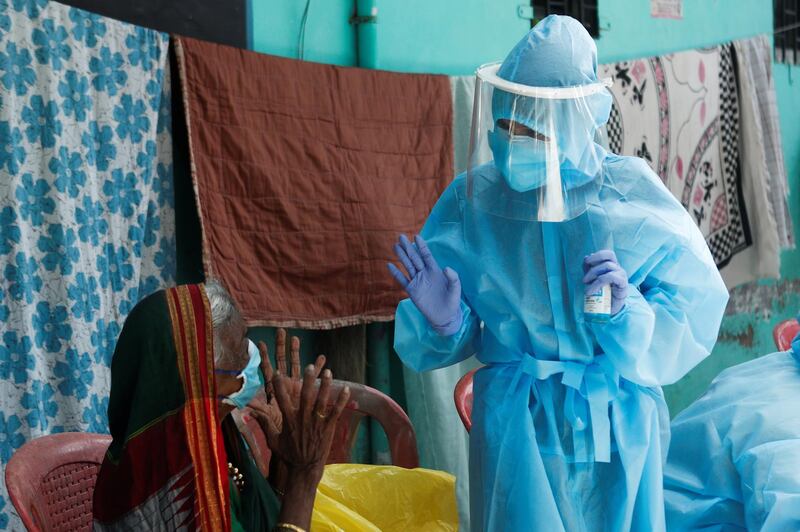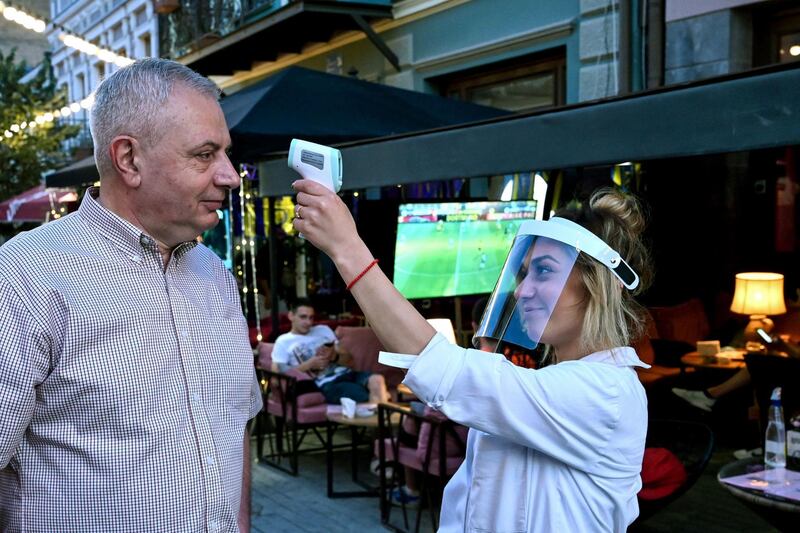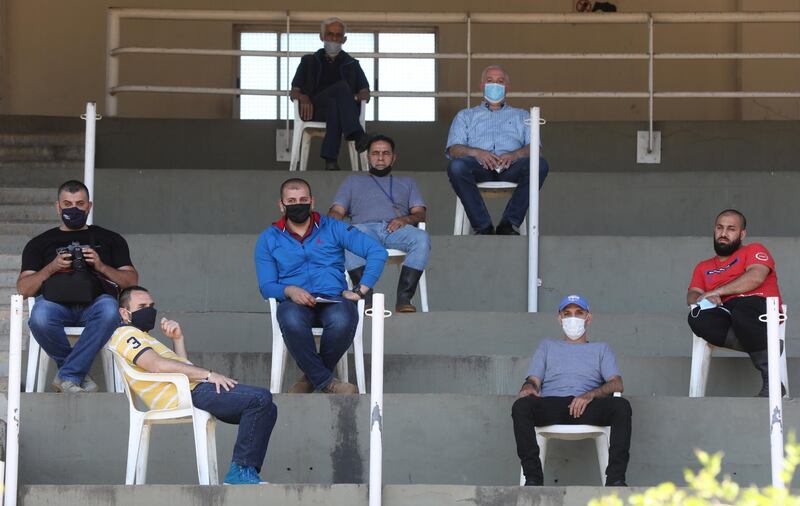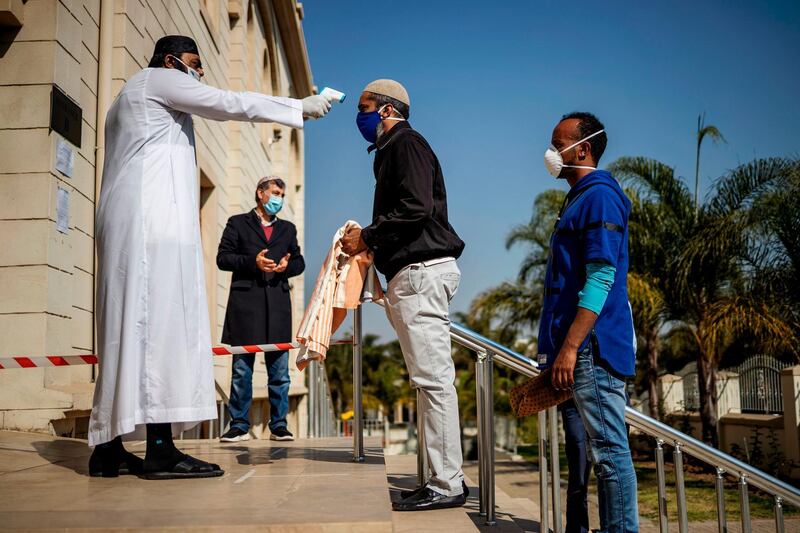At least half of Singapore's newly discovered coronavirus cases show no symptoms, the co-head of the government's virus task force said on Monday, reinforcing the city-state's decision to ease lockdown restrictions very gradually.
Singapore has one of the highest infection tallies in Asia, with more than 38,000 cases, because of mass outbreaks in dormitories for its migrant workers. It reopened schools and some businesses last week after a near two-month lockdown.
"Based on our experience, for every symptomatic case you would have at least one asymptomatic case," Lawrence Wong told Reuters, adding that the discovery was made in recent weeks as Singapore stepped up testing.
Singapore has not previously disclosed how many asymptomatic cases it has recorded.

Mr Wong did not reveal the number of asymptomatic cases in Singapore, which has recorded 6,294 virus infections over the last two weeks, with the vast majority among migrant workers.
China said 300 symptomless Covid-19 carriers in its central city of Wuhan, the pandemic epicentre, had not been found to be infectious. But some experts say asymptomatic infections are common, making for a huge challenge in controlling the disease.
Mr Wong said that while asymptomatic cases had fewer opportunities to spread the virus as they were not coughing or sneezing, there have been cases of asymptomatic transmission in Singapore, especially between patients living in close quarters.
He said the discovery of the level of asymptomatic carriers prompted the government's plans for a gradual lifting of curbs that require many people to still work from home and mix socially only with their families.
"People have commented - why are we not reopening the economy faster?" Mr Wong said. "We have to take a more cautious approach... there are still asymptomatic cases which we may not have detected circulating in the community."














